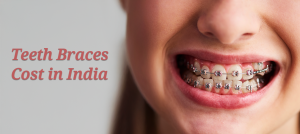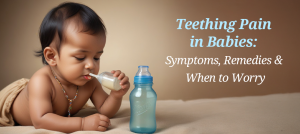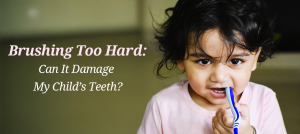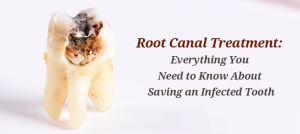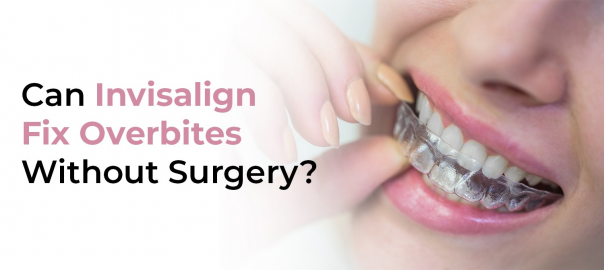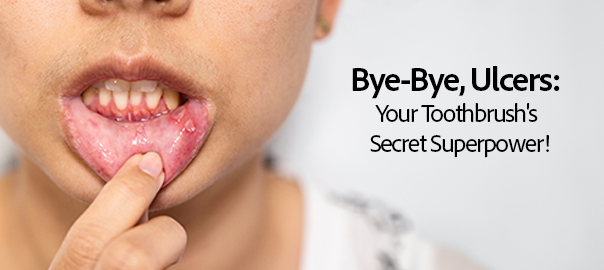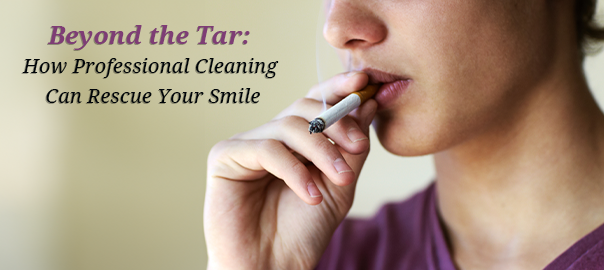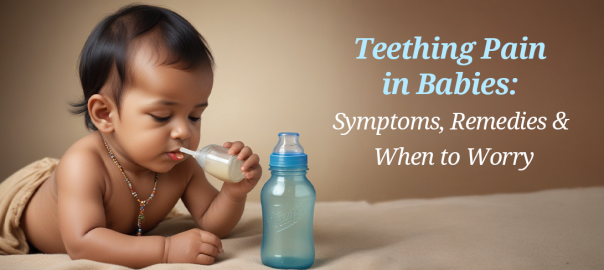
Teething Pain in Babies: Symptoms, Remedies, and When to Worry
Do you often feel perplexed when your child’s gums are swollen and he/she is irritable, not able to eat food, and you are not able to identify the cause, it could be just an erupting tooth!
This process of erupting teeth is called teething.
Introduction
Teething refers to the natural process of baby teeth coming in known as primary or baby teeth. This process according to the timeline begins around 6 months of age.
The Teething Timeline:
| Age | Dental Implants |
|---|---|
| 6-8 Months | Lower central incisors (bottom front teeth) |
| 8-12 Months | Upper Central Incisors(Top Front Teeth) |
| 9-16 Months | Lateral Incisors (next to Front teeth) |
| 13-19 Months | First Molars (back teeth) |
| 16-23 Months | Canines (pointed Teeth) |
| 25-33 Months | Second Molars (Back Teeth) |
Signs of Teething in Babies
Teething can cause a variety of symptoms, with varied intensity. Common signs include:
1. Painful Gums
Swollen, red, or tender gums are mostly the first signs of teething. The pressure from the teeth pushing through the gums can cause significant discomfort and could be the reason of swelling
2. Increased Drooling of saliva
Excessive saliva production is also a common symptom. Drooling can lead to irritation of skin around the mouth and chin.
3. Irritability and Restlessness
Many infants become irritable and restless as they experience discomfort in gums. This can be challenging for parents, as the cause may not always be apparent.
4. Disturbed sleep pattern
Babies may wake more frequently at night due to discomfort, leading to disturbed sleep patterns
5. Chewing and Biting on toys
Infants may gnaw on toys, fingers, or other objects to relieve pressure on their gums.
6. Reduced Appetite
Some children may refuse to eat solid foods due to pain in gums, preferring semi solid or liquids.
7. Slightly raised body temperature
A slight increase in body temperature may occur , though high grade fever is unlikely in teething
How to Soothe a Teething Baby
While teething is uncomfortable, several remedies can help soothe your child:
1. Teething Toys
Offer safe, soft and BPA free teething toys . Toys made of materials that can be chilled in the refrigerator for added relief.
2. Cold Compress
A clean, washcloth or a teething ring that is chilled can provide soothing relief when applied to the gums. The coldness helps numb the area and reduces the inflammation due to eruption
3. Gum Massage
One can gently massage the inflamed gums with a clean finger to provide comfort. The pressure can also help alleviate some discomfort in the concerned area
4. Over-the-Counter Pain Relief
Consult with a pediatrician/pedodontist regarding the use of painkillers like acetaminophen or ibuprofen for relief in pain. Always strictly follow the recommended dosages for infants.
5. Distraction Techniques
One can also try engaging your child in play or activities that can help take their mind off the discomfort. Singing, reading, or playing with toys can be effective means of distractions.
When to Seek professional help
While teething is a natural process, certain symptoms may indicate a need for medical attention. Contact a pedodontist and pediatrician if your child experiences:
- High grade fever ranging over 101°F or 38.3°C may indicate an underlying issue
- Severe diarrhea , could suggest something beyond teething.
- Rash or other unusual symptoms should be noticed and evaluated
- Persistent irritation that doesn’t improve with home care remedies
Final thoughts
Teething is an inevitable and very significant part of the childhood journey, but it can be uncomfortable for both the child and the parents.
Identifying and understanding the signs and symptoms and having effective remedies can help alleviate discomfort.
First and foremost, try to use natural remedies as the process is physiologic/natural.
Always consult a dentist or pediatric dentist for personalized advice and to ensure your child’s health and well-being during this significant developmental stage.
FAQs:
1. How long does the teething phase last?
Teething usually begins around 6 months and continues until about 33 months, when the second molars erupt. However, the timeline can vary slightly for each child.
2. Does teething cause high fever and diarrhea?
No, teething does not cause high fever or diarrhea. A slight rise in temperature is common, but if your child develops a fever above 101°F (38.3°C) or has diarrhea, consult a pediatrician.
3. Can teething affect my baby’s sleep?
Yes, teething discomfort can cause restless nights and frequent wake-ups. Offering teething toys or gentle gum massages before bedtime may help soothe them.
4. What are the safest pain relief options for teething?
Safe options include cold compresses, chilled teething rings, gum massages, and, if necessary, pediatrician-approved pain relief like acetaminophen or ibuprofen. Avoid teething gels with benzocaine, as they are not recommended for infants.
5. Why is my baby refusing food while teething?
Teething can make gums sore, leading to temporary loss of appetite. Offer softer foods, cold purees, or chilled fruit slices to help soothe the discomfort while ensuring proper nutrition.
By-
Dr. Shreya Singh






